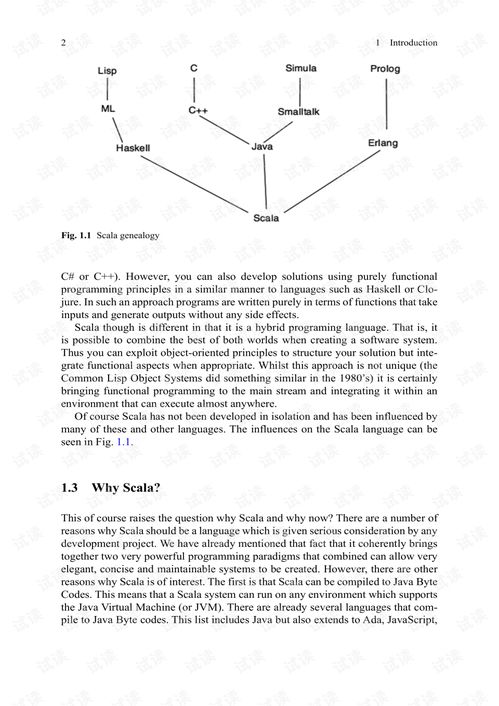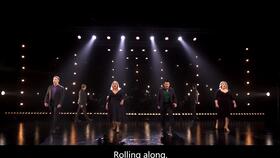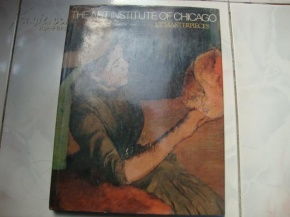Content:
Fishing is an enjoyable and relaxing hobby that can be both a rewarding pastime and a way to connect with nature. However, for beginners, the world of fishing can seem daunting and overwhelming. With the right guidance and a few essential tips, you can quickly become a proficient angler. In this article, we will discuss some essential fishing techniques and tips for beginners to help you get started on your fishing journey.
Choose the Right Equipment
Before you start fishing, it's crucial to have the right equipment. Here are some essential items you'll need:
a. Rod and reel: A good quality rod and reel combination is essential for successful fishing. For beginners, a spinning rod and reel is a great choice as it's versatile and easy to use.
b. Line: The type of line you choose depends on the fish you're targeting and the environment you're fishing in. Monofilament line is a popular choice for beginners due to its flexibility and ease of use.
c. Lures and baits: Lures and baits come in various shapes, sizes, and colors. As a beginner, start with simple and durable lures like spinners, jigs, and worms.
d. Tackle box: A tackle box is a storage container for all your fishing gear, including hooks, sinkers, swivels, and other accessories.
Learn the Basics of Casting
Casting is the process of throwing your lure or bait into the water. Here are some casting techniques for beginners:

a. Hold the rod: Grip the rod with your dominant hand, placing your index finger on the reel handle and your thumb on the rod's handle.
b. Position the lure: Attach your lure or bait to the end of your line and make sure it's securely tied.
c. Cast: Move the rod back and forth with a smooth, continuous motion. Release the line when the lure reaches its desired destination.
d. Practice: Casting takes practice, so don't be discouraged if you don't get it right on your first try. Keep practicing until you become more comfortable with the technique.
Understand Fish Behavior
To be successful at fishing, it's essential to understand the behavior of the fish you're targeting. Here are some tips to help you learn about fish behavior:
a. Research the species: Before you go fishing, research the fish you're targeting, including their feeding habits, preferred habitats, and migration patterns.
b. Observe the environment: Pay attention to the water's temperature, clarity, and depth. These factors can affect fish behavior and where they're likely to be.
c. Use the right bait: Use bait that matches the fish's natural food source. For example, if you're fishing for bass, use live bait like worms or minnows.
Learn to Read the Water
Reading the water is an essential skill for successful fishing. Here are some tips to help you understand what's happening beneath the surface:
a. Look for signs of fish: Pay attention to areas where fish are likely to be, such as logs, rocks, and vegetation.
b. Watch for bubbles: Bubbles can indicate fish feeding or gasping for air.
c. Observe the water's surface: Look for ripples, splashes, or other disturbances that may indicate fish activity.
Practice Patience and Persistence
Fishing can be a waiting game, and it's essential to be patient and persistent. Here are some tips to help you stay focused and motivated:
a. Set realistic goals: Start with simple goals, such as catching a certain number of fish or mastering a specific technique.
b. Stay positive: Keep a positive attitude, and don't get discouraged if you don't catch fish right away.
c. Learn from your mistakes: Analyze your fishing experiences and identify areas for improvement.
In conclusion, fishing is a rewarding hobby that can be enjoyed by beginners and experienced anglers alike. By following these tips and techniques, you'll be well on your way to becoming a proficient angler. Remember to practice patience, persistence, and always respect the environment and the fish you're targeting. Happy fishing!












